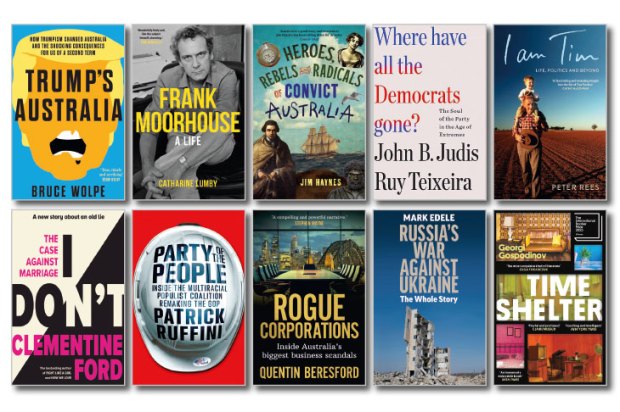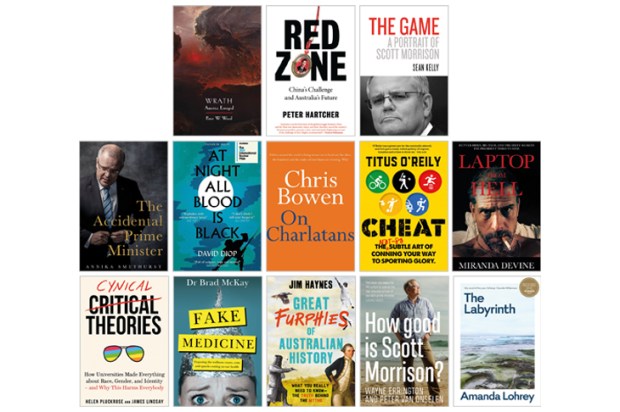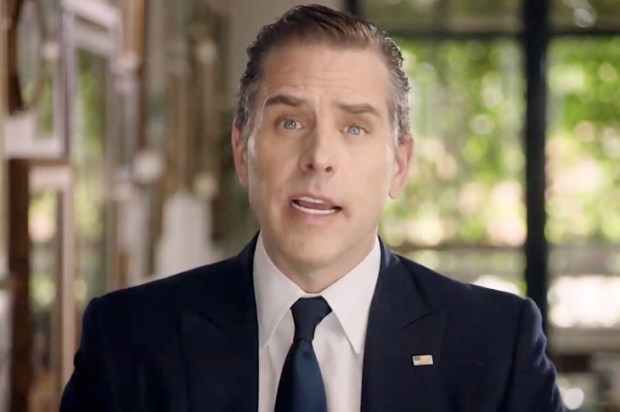Ben Chifley once spoke about a shining light on the hill. By the time that Kevin Rudd and Julia Gillard arrived, the light was that of a fast-food outlet by the roadside. No one really wants to stop there, but there’s nothing else in the neighbourhood. It’s been a long way down.
Troy Bramston, a former speechwriter to Rudd, is realistic enough to know that things went terribly, terribly wrong after the ALP swept into office in 2007, and the rot runs deep. How did it happen, after Labor not just claimed government in Canberra but was in office in every state and territory in Australia?
Much of the first set of problems must be sheeted home to Rudd, who always seemed to see the party as a vehicle for his ambitions rather than a means for good government. Rudd’s lack of trust in his colleagues, resulting in secrecy, centralisation and micro-management, quickly saw the government bogged down in a confusion of mixed signals and skewed priorities. But Rudd was not the first PM to try to run everything (think Malcolm Fraser). In hindsight the shift to Gillard seems strange, even bizarre. The real problem was that it was never properly explained, and if the government ever had an ideological basis, it died on that point.
Could Rudd have won in 2010? Bramston does not know, but implies that the result could not have been much worse than Gillard’s effort. Gillard was more ‘tribal’ Labor than Rudd but there is a large difference between managing the party and leading a successful government. Bramston suggests that Gillard is responsible for some successes but on closer examination they appear rather mixed or, like the NDIS, remain works-in-progress. It turned out that the old saw was true: Labor can’t handle money. In hindsight (again), it is odd that Gillard hung on for so long, and that the final showdown was so close.
Bramston asks whether the Whitlamite alliance of blue-collar workers and small-‘L’ liberals is demographically viable any more. The inclusion of socialism in the party platform seems foolish, if not quaint. The membership of the party is aged and factionalised, and the parliamentary caucus is in-bred and narrow-minded. There are still too many in the party who believe that the only problem of the Rudd/Gillard/Rudd era was the leaders themselves, and now that they have departed the stage everything will be roses. Really?
Bramston receives some useful help from some venerated figures: Whitlam, and Hawke and Keating (who, for once, refrain from sniping at each other). He also speaks to Rudd and Shorten, although Gillard declined the invitation. In a significant move, Hawke calls for a move away from the major role of unions in ALP structures. Hopefully, his post-PM prestige and his experience as a former ACTU leader will aid reform initiatives in the area, but it should not be forgotten that labour pays Labor’s bills.
Keating’s contribution is more problematic. His focus on the need to be aggressive in the political battle is understandable, but in reality the tactics of us-against-them can simply turn the electorate away. He notes that too much power has moved towards the administrative side, especially state secretaries who have little interest in policy and no understanding of government, beyond what they glean from opinion polls and focus groups.
Shorten talks about the need for more community connection, a shorter but more coherent list of policies, greater market efficiency, the encouragement of entrepreneurial opportunity. He also accepts the need for follow-through on execution. These views are welcome, but there needs to be more flesh on the bones, and Shorten needs to explain how his willingness to support for failing industries fits in. The larger issue, however, is that this sort of policy agenda would make Labor look very much like the Liberals, albeit better dressed (yes, Labor parliamentarians generally dress more snappily). It would be a shame if the ALP forgot its visionary traditions in a rush to emulate the Liberals’ administrative emphasis. Maybe Australia has been a successful country, more or less, because the two sides have each contributed crucial pieces, like buttresses on either side of a cathedral. In a short, light book, Bramston has given us much to think about. Maybe he should re-visit this subject in two years or so. It would be welcome.
Got something to add? Join the discussion and comment below.
Get 10 issues for just $10
Subscribe to The Spectator Australia today for the next 10 magazine issues, plus full online access, for just $10.
You might disagree with half of it, but you’ll enjoy reading all of it. Try your first month for free, then just $2 a week for the remainder of your first year.













Comments
Don't miss out
Join the conversation with other Spectator Australia readers. Subscribe to leave a comment.
SUBSCRIBEAlready a subscriber? Log in